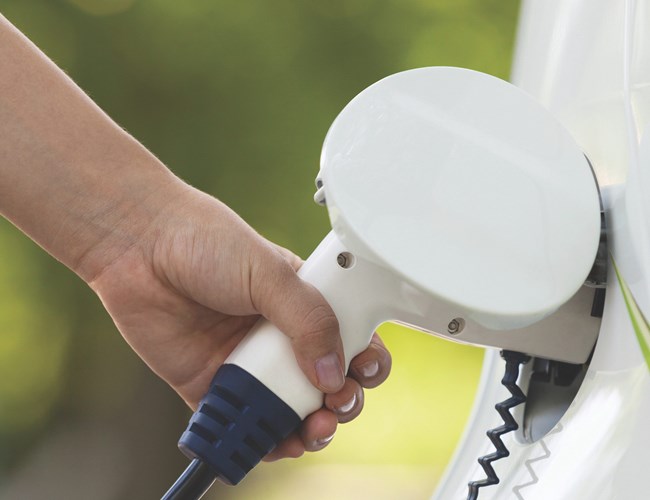We use cookies to ensure that we give you the best experience on our website. If you continue without changing your settings, we will assume that you are happy to receive all cookies on the Business Car website. However, if you would like to, you can change your cookies at any time

The start point for the best source of fleet information |
Plans discussed for compulsory EV battery health monitors
Date: 02 May 2023 | Author: Sean Keywood

Plans for the fitting of battery state of health (SOH) monitors to be made mandatory for all new EVs have been discussed at a meeting of the Vehicle Remarketing Association (VRA).
The organisation heard from Abdul Chowdhury, head of vehicle policy for the UK Government's Office for Zero Emission Vehicles, who said that because the battery forms a large part of a used EV's value and performance, providing information on its health would help used buyers to make informed comparisons between vehicles, and help alleviate concerns over battery degradation.
He said: "The UK Government has been working with the United Nations Economic Commission for Europe (UNECE) and other international partners to develop technical regulations on SOH monitors and minimum battery performance standards, and is currently analysing options for adopting these regulations into UK law.
"The EU is also considering options, and its Euro 7 proposals look set to bring SOH monitors in from July 2025."
The UNECE-developed regulations are said to cover two key aspects. The first is to mandate the installation of SOH monitors on EVs, which must be accessible to the consumer, meet accuracy requirements, and be validated through in-service testing.
The second is to set a minimum performance standard of 80% SOH from zero-to-five years old or 100,000 km, whichever comes first, and 70% SOH for vehicles five-to-eight years old or between 100,000 and 160,000 km, whichever comes first.
Other areas where Chowdhury said OZEV was looking to provide support to the used EV sector included providing standardised EV information to customers at the point of sale, and helping to ensure that sufficient numbers of technicians were trained to repair EVs.
He said: "The used market is critical to the UK's transition to zero emission vehicles and meeting our net zero ambitions. It is where 80% of all cars are bought and sold, and as we move from early EV adopters to a mass transition, its health is critical to ensuring a fair and equitable transition for all."
VRA chair Philip Nothard said: "Used EVs continue to be among the most-discussed topics in remarketing, and being able to hear directly from someone such as Abdul at the centre of government thinking was fascinating and provided a high level of insight for VRA members."











